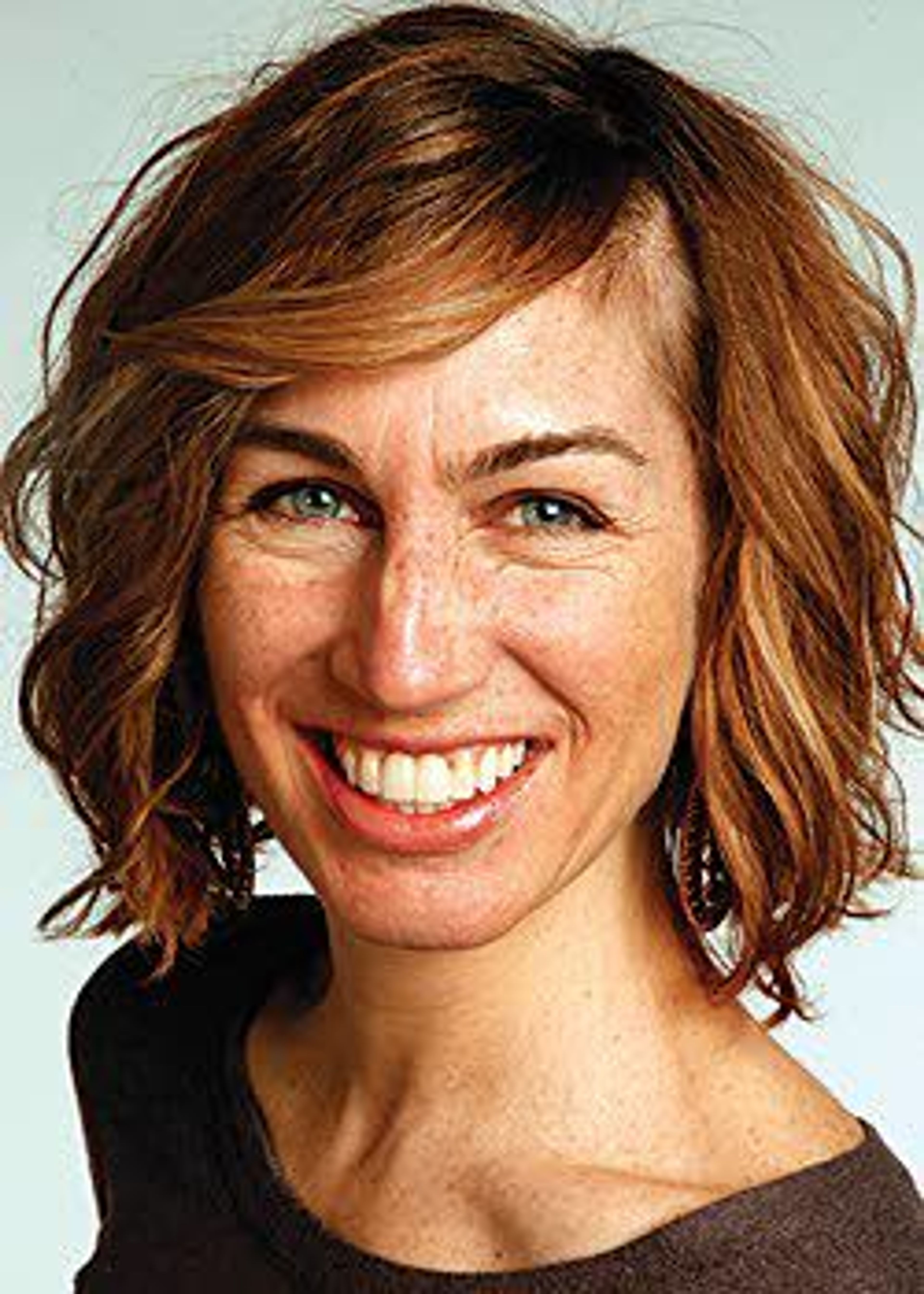Commentary: Women's voices largely missing from letters to the editor
If you've ever walked through the lobby of Tribune Tower, you've seen the soul-stirring quotes etched into the marble of our majestic lobby: Joseph Medill, Abraham Lincoln, Thurgood Marshall, Flannery O'Connor, Voltaire.
One of my favorites is from Arthur Miller. "A good newspaper, I suppose, is a nation talking to itself."
Nowhere is that truer than our op-ed pages, where readers share their viewpoints on everything from the coming mayoral race to whether President Donald Trump should win a Nobel Peace Prize in letters to the editor.
A majority of letters, though, are written by men. Which means a sizable chunk of the nation isn't taking part in Miller's grand vision, a national conversation.
For a newly published article for the Atlantic, associate editor Caroline Kitchener contacted editors at major newspapers - including the Chicago Tribune - and found that the vast majority of letters come from men.
"At the Atlantic," Kitchener writes, "we've seen the same thing."
Last June, writer and activist Linda Stein wrote a Huffington Post essay taking the New York Times to task for the gender imbalance in its letters pages, which she'd studied and charted for three months.
New York Times staff editor Sue Mermelstein emailed Stein.
"We are aware of the fact that sometimes our Letters page is dominated by male voices," Mermelstein wrote. "This reflects the fact that a large majority of our letter writers are men; why, we're not sure. We don't keep statistics, but a simple scan of our inbox makes this quite evident. This is apparently true of opinion pages and comments throughout the industry, from what I've read."
Attempting to track down the elusive why, the Atlantic's Kitchener interviewed several professors, as well as the founder of The Op-Ed Project, an organization that works to increase the diversity of voices we read and hear.
Joyce Ehrlinger, assistant professor of psychology at Washington State University in Pullman, told Kitchener that women are hesitant to position themselves as experts.
"Women are less likely to think that they're, one, skilled enough to write something worthwhile," Kitchener writes, "and, two, able to offer insight other people should care about."
"Women are pulling themselves out of the discussion," Catherine Orenstein, founder of the Op-Ed Project, told Kitchener. "A lot of them will in some way discount themselves and their knowledge. If you think about it, what it means is that there's a disconnect between what we know and our sense that it actually matters."
It's the ol' I'm not going to say that out loud in a meeting, what if I look stupid, wait, a guy just said it and everyone thought it was pretty smart.
Except in writing. Let's do better.
Anyone who's had so much as a coffee with me knows I'm a huge letter-to-the-editor pusher.
They're a truly effective way of engaging your city, your state, indeed, your nation (especially now that they're online) in a dialogue about the topics nearest and dearest to your heart.
Particularly when you disagree with something you've read.
The reflex is to cancel your subscription when you read an endorsement or opinion that sticks in your craw. But that simply cuts you out of the dialogue and shields you from knowledge you need to function as an informed citizen: knowledge about lead in your drinking water, an unjust property tax system, Chicago's new municipal ID cards, the human toll of our city's gun violence.
Better to engage. Even when you're enraged.
Because the truth is, your voice matters. In a meeting, at a dinner party, on an op-ed page.
"Women aren't the only group hesitant to share their opinions in local and national publications," Kitchener writes.
Black readers are about half as likely to submit letters than people who identify as white, Andrew Perrin, a professor of sociology at the University of North Carolina at Chapel Hill who studied the demographics of letters-to-the-editor writers, told her.
"The disparity, he said, comes down to this question," Kitchener writes "Do you feel like an important member of the public? If you do, you're a lot more likely to think you have an opinion worth sharing."
I love Arthur Miller's quote because it positions a newspaper as a conduit for conversation, a member of society, a set of ears and eyes. A newspaper is inviting, and it listens as well as it talks, in Miller's rendering.
That works best when everyone's voices are in the mix. And on the page.
---
Stevens writes for the Chicago Tribune and may be contacted at hstevens@tribune.com or on Twitter @heidistevens13.
TNS








